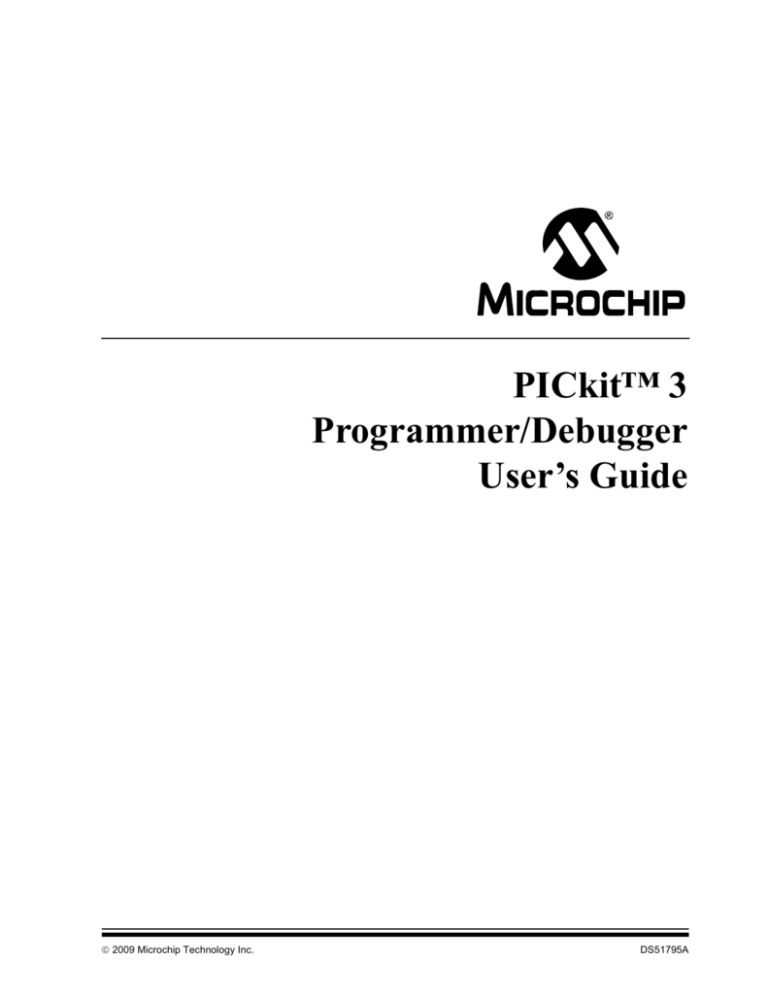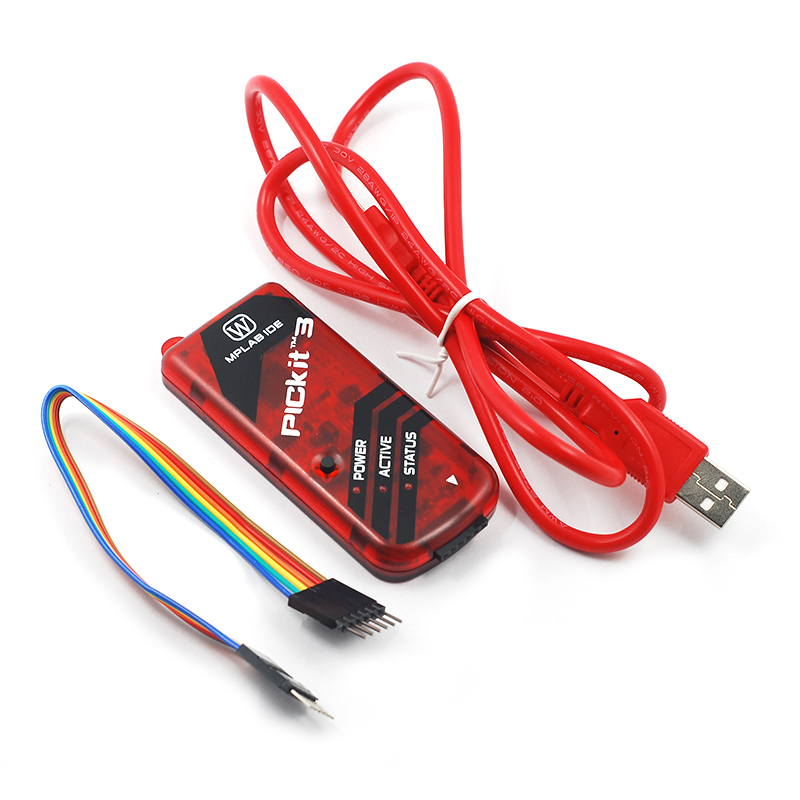

The header board is not used or needed for programming.

This special MCU has extra pins for PICkit 3 communication and therefore allows the use of all pins on the part for the application.

Some 8-, 14- and 18-pin devices use small header boards with a special MCU for debugging. If you need older software for programming with your PICkit 3, please visit our archives.
Pickit 3 stand alone programmer 3. serial#
The connector uses two device I/O pins and the reset line to implement in-circuit debugging and In-Circuit Serial Programming™.
Pickit 3 stand alone programmer 3. full#
The MPLAB PICkit 3 is connected to the design engineer's PC using a full speed USB interface and can be connected to the target via an Microchip debug (RJ-11) connector (compatible with MPLAB ICD 2, MPLAB ICD 3 and MPLAB REAL ICE). The MPLAB PICkit 3 allows debugging and programming of PIC® and dsPIC® Flash microcontrollers at a most affordable price point using the powerful graphical user interface of the MPLAB X Integrated Development Environment (IDE). It should be used for development purposes only. Note: The PICkit 3 In-Circuit Debugger/Programmer is NOT a production programmer. The PICkit 3 can now also reprogram any PIC microcontroller with a simple push of a button: Find out more about Programmer-To-Go function Minimum of additional hardware needed for debugĮxpensive sockets or adapters are not required In-circuit debugging offers these benefits: Microchip’s PICkit 3 In-Circuit Debugger/Programmer uses in-circuit debugging logic incorporated into each chip with Flash memory to provide a low-cost hardware debugger and programmer.


 0 kommentar(er)
0 kommentar(er)
